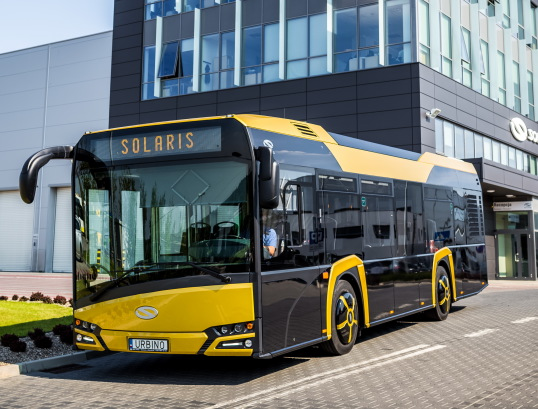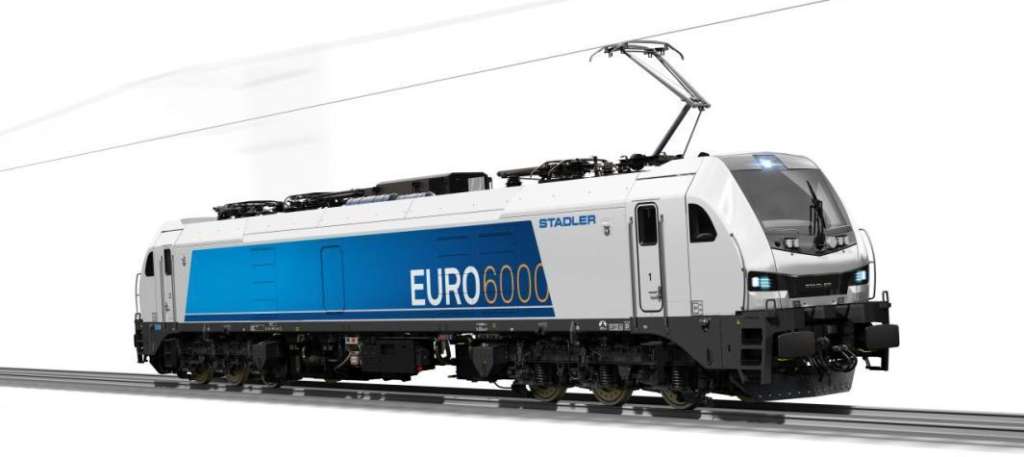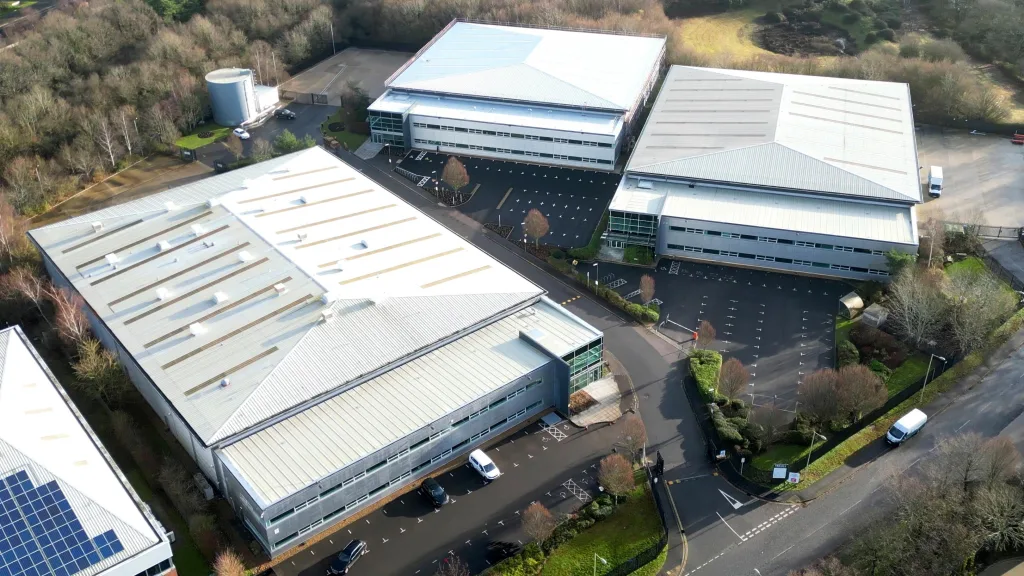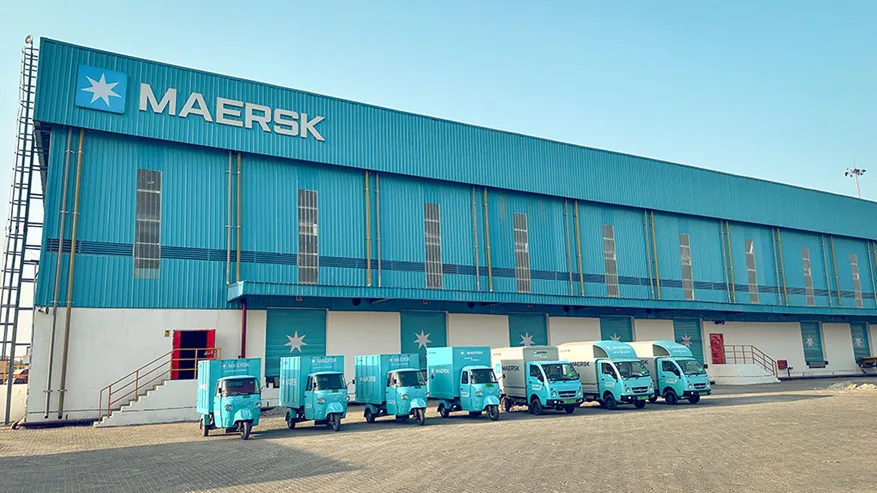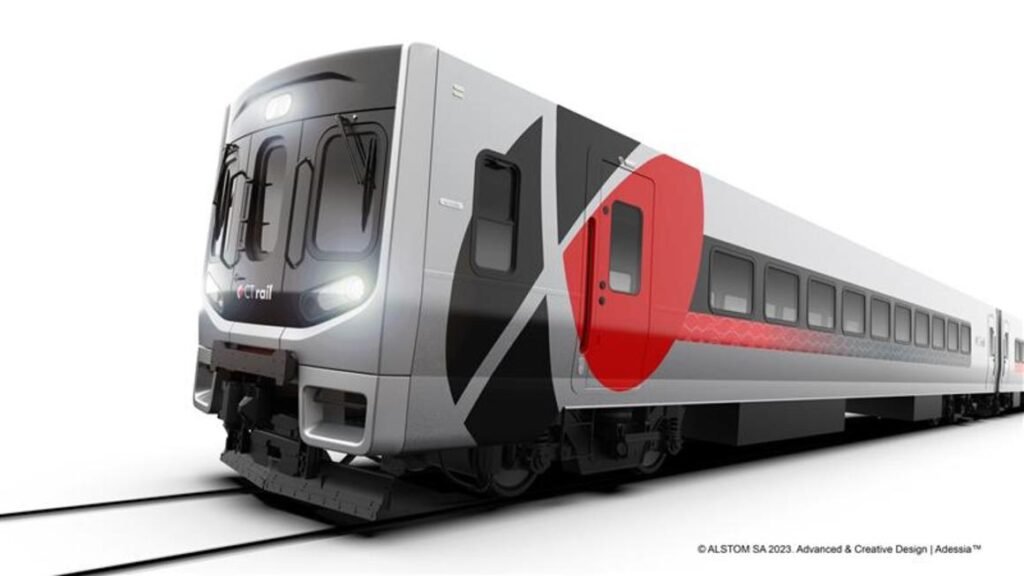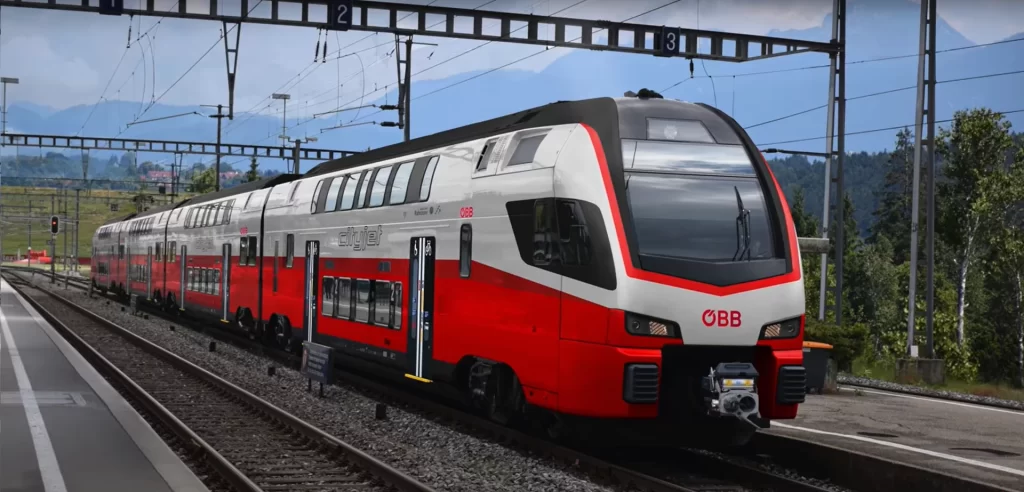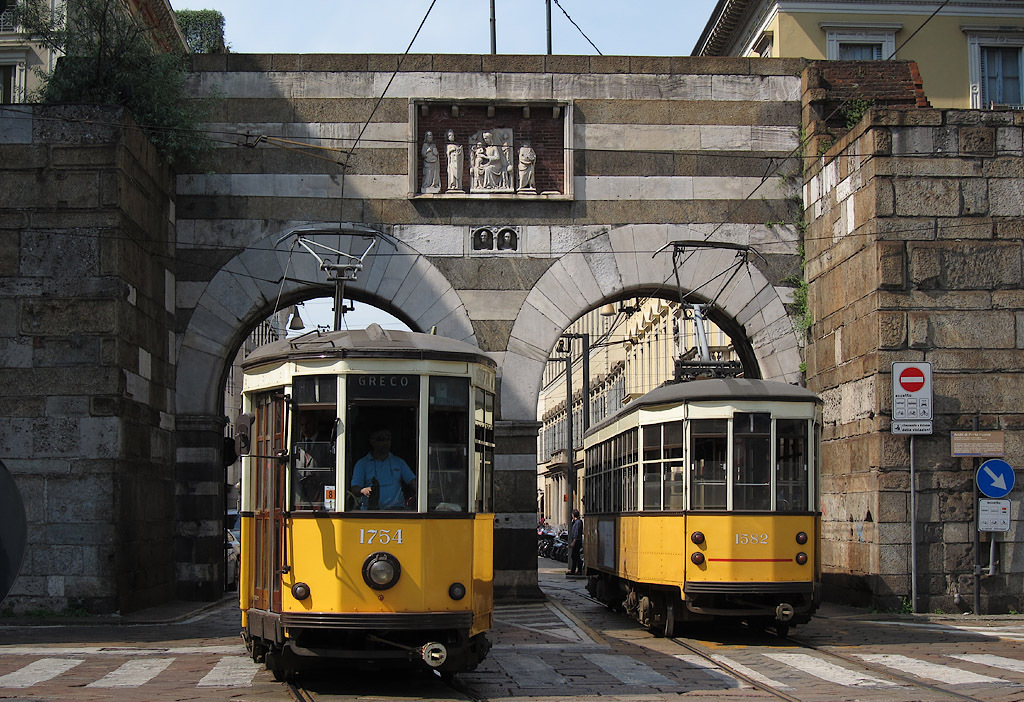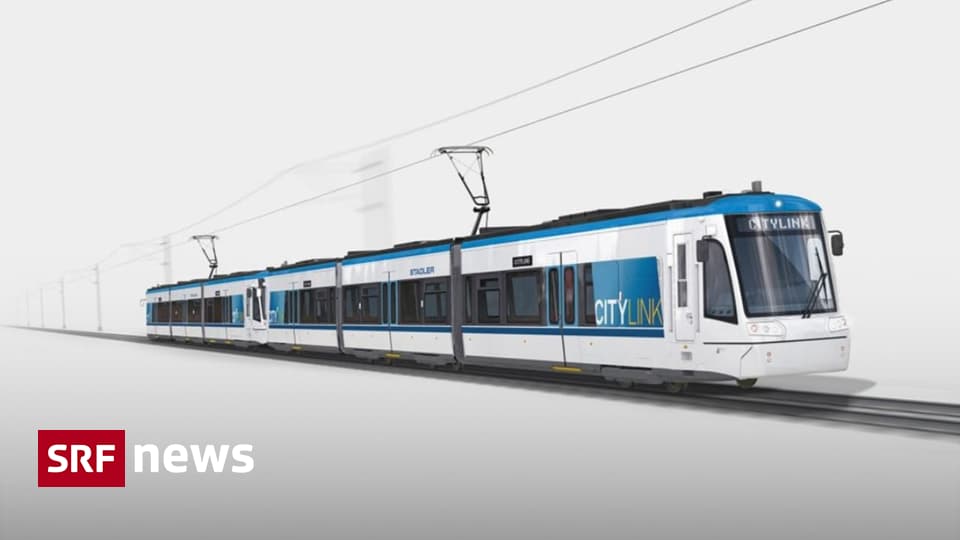Solaris wins new hydrogen bus contracts in Barcelona and Essen
The CAF Group company has consolidated its leading position in the thriving hydrogen city bus market with two new contracts for the supply of 57 vehicles for a combined value of over 40 million Euros…
